The main advantage of Apple is that it does everything under one roof. This refers to the hardware, i.e. iPhones, iPads and Mac computers and their software, i.e. iOS, iPadOS and macOS. To some extent this is true, but the other side of the coin is the undeniable fact that when there is a mistake, he is duly "lynched" for it. Consider a laptop manufacturer that uses Windows as its operating system. With such a machine, you blame the error on one or the other, but Apple always catches it in its solutions.
With the Mac Studio, Apple showed us its new M1 Ultra chip. There is a lot happening around this generation of SoC chip right now. At the same time, Apple first used the M1 chip in the Mac mini, 13" MacBook Pro and MacBook Air already in 2020, while to date we have not actually seen a successor, but only its evolutionary improvements. Apple tries to push the performance of its chip (be it with the nickname Plus, Max or Ultra) to extreme heights, so a certain vision and innovation cannot be denied. But everything that can hinder the potential of his machines is not exactly hardware but rather software.
It could be interest you
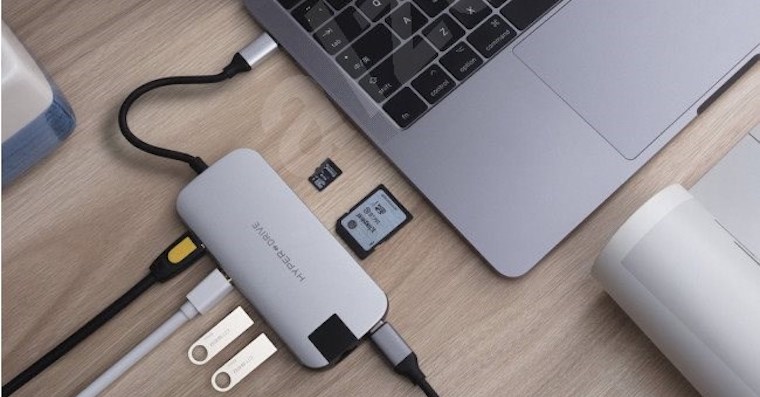
Memory leak
The most common macOS Monterey error is quite fundamental. Memory leak refers to a lack of free memory, when one of the running processes begins to use up memory so much that your entire system slows down. And it doesn't matter if you work on a Mac mini or a MacBook Pro. At the same time, the applications are not so demanding that they use the entire memory, but the system still treats them in this way.
So glad I got 64GB of memory on my new Mac so I can use 26GB of it for control center… Wait… what. pic.twitter.com/inCOPaii1o
— Gregory McFadden (@GregoryMcFadden) October 28, 2021
The process managing the Control Center thus consumes 26 GB of memory, a few windows in the Firefox browser will slow down the whole machine so that you would have time to make a coffee before moving on with your work. In addition, a pop-up dialog informing about this appears, even though it is not necessary at all. A MacBook Air can also have a problem, with just opening a few tabs in Safari, the CPU usage jumps from 5 to 95%. You probably also know that it has passive cooling, so the whole machine starts to heat up quite unpleasantly.
Too frequent updates
New software every year. Both mobile and desktop. It's good? Of course. For Apple, this means that it is being talked about. They talk about what's new, they talk about each beta version and what it brings. But that's the problem. The average user doesn't care much about news. He does not need to keep trying more and more options when he is caught up in his work style.
With Windows, Microsoft tried to have only one version of the system, which would be endlessly updated with new options. He came across because Windows stopped being talked about, and that's why he came up with a new version of it. Apple should focus mainly on optimization, but it doesn't sound so good for presentation, because it basically confirms that there is a mistake somewhere and that not everything works as it should.
It could be interest you
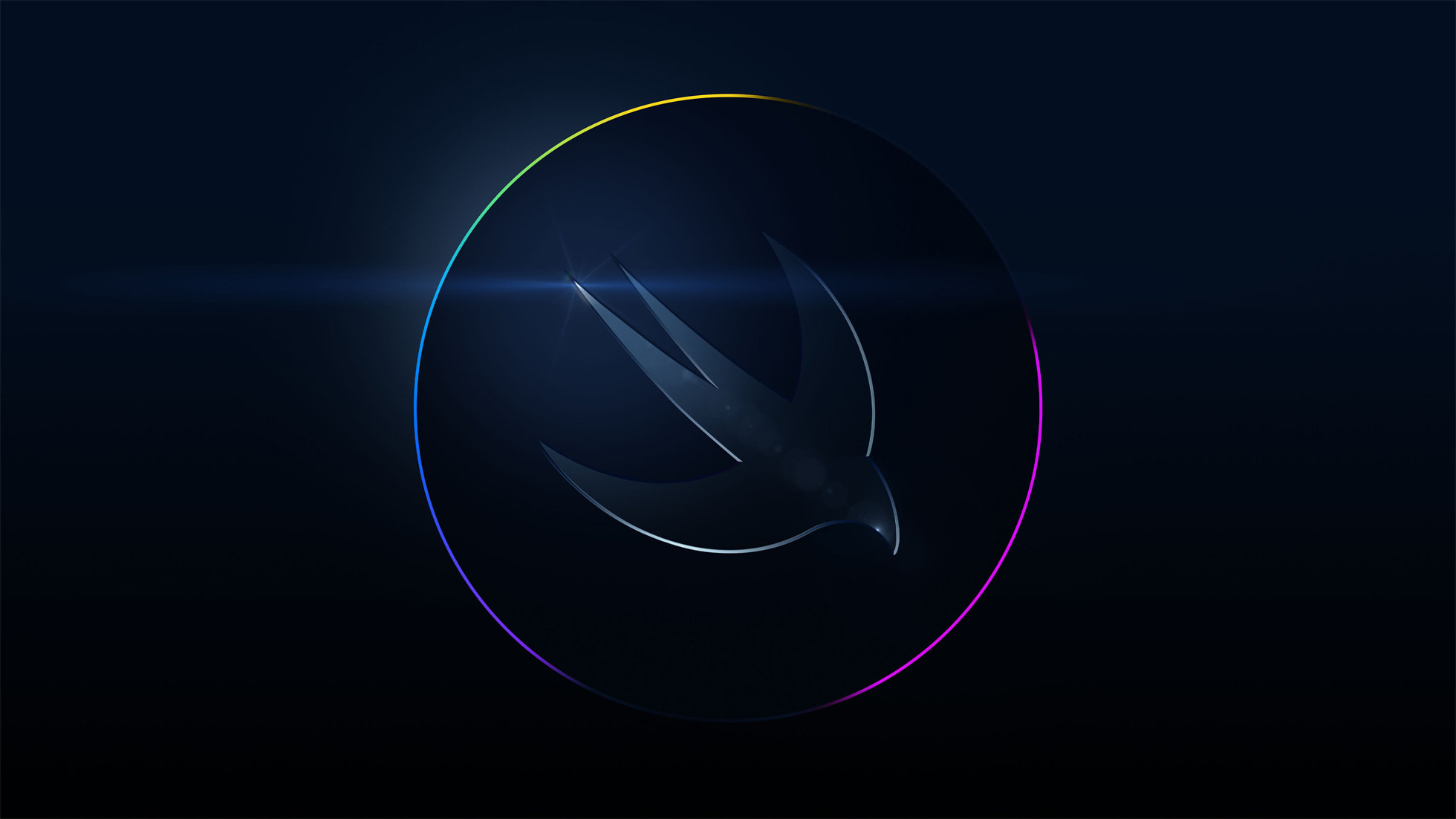
Then when he comes up with the "revolutionary" universal control feature, it takes him three quarters of a year to optimize it and officially release it. But would anyone mind if we learned about it only at this year's WWDC22 and it was available in the fall of the year in the first sharp version of the upcoming macOS? So here we have another beta feature that we can no longer fully rely on due to this label. Apple has already announced the date of its developer conference this year, and I'm really curious if we'll see anything other than beating our chests about how many new features and what system will bring.
 Adam Kos
Adam Kos 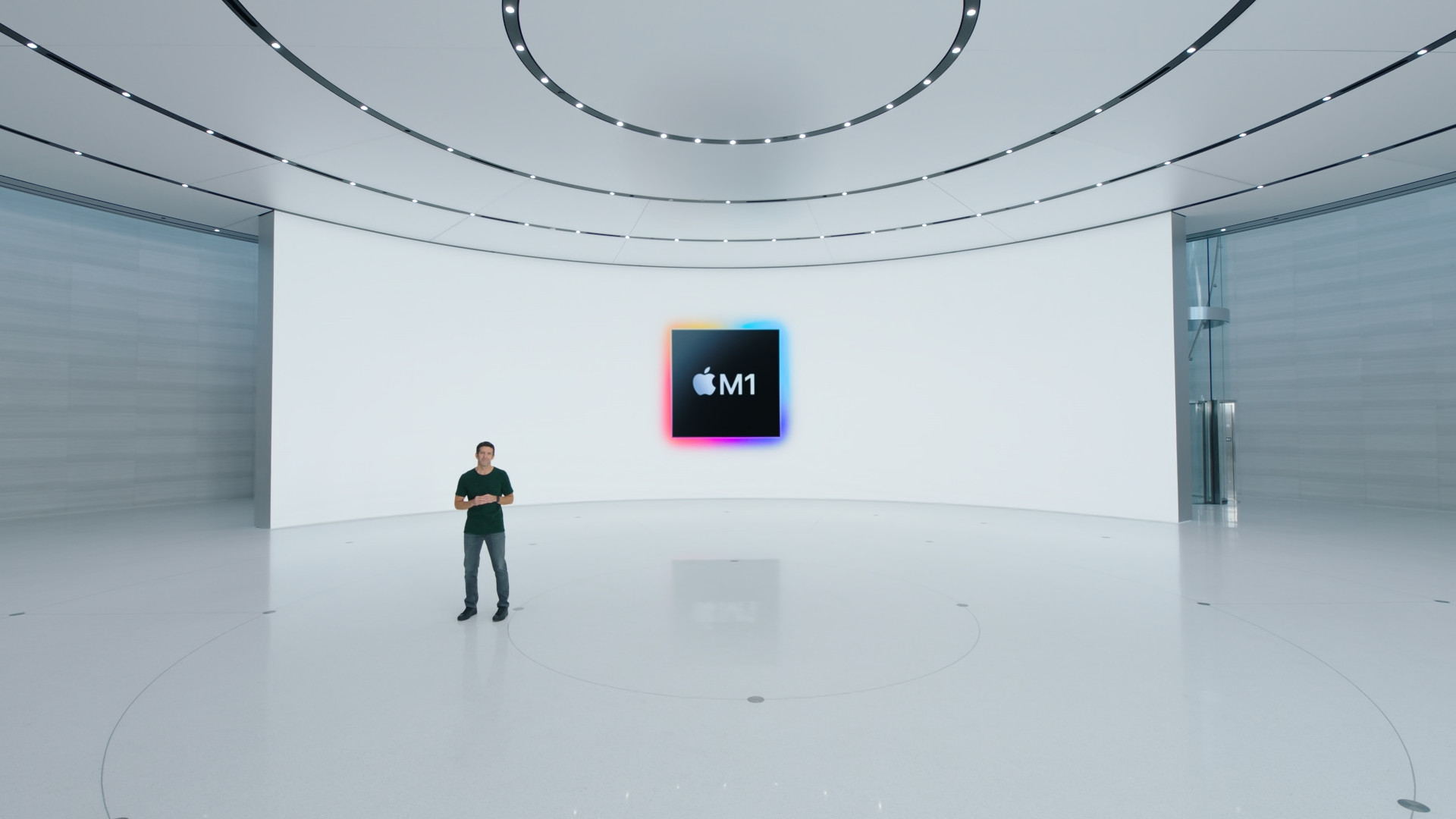

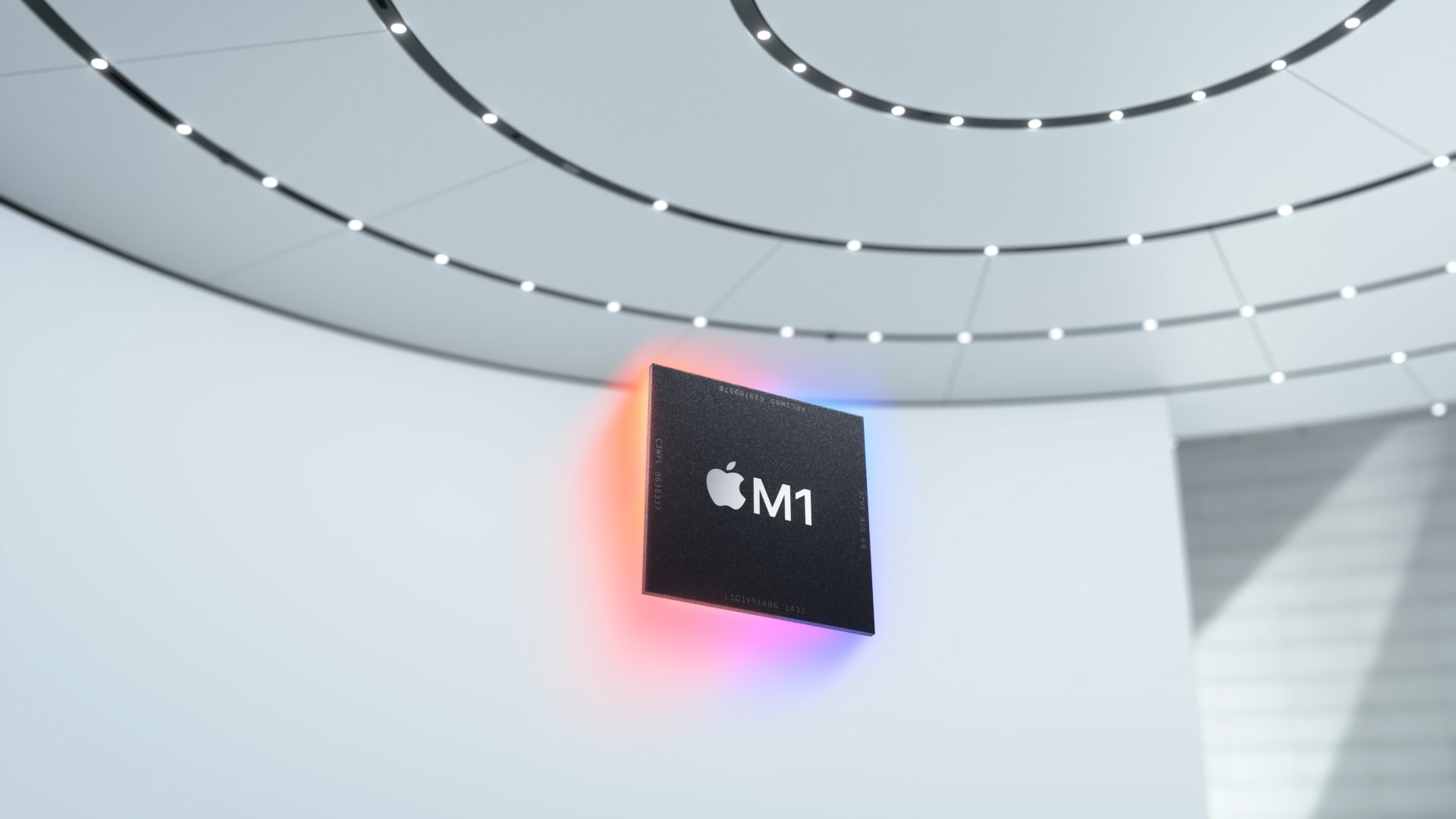
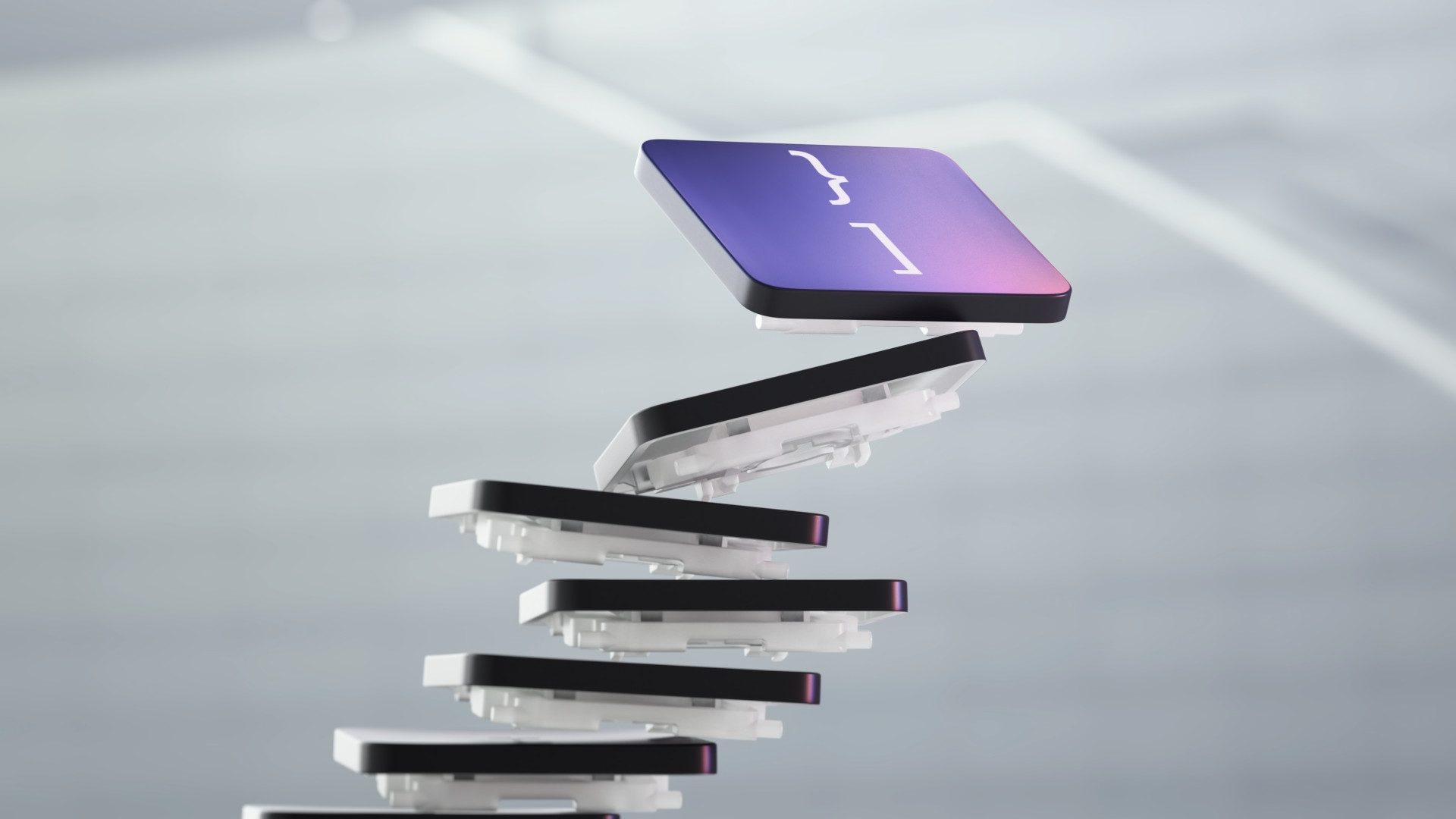

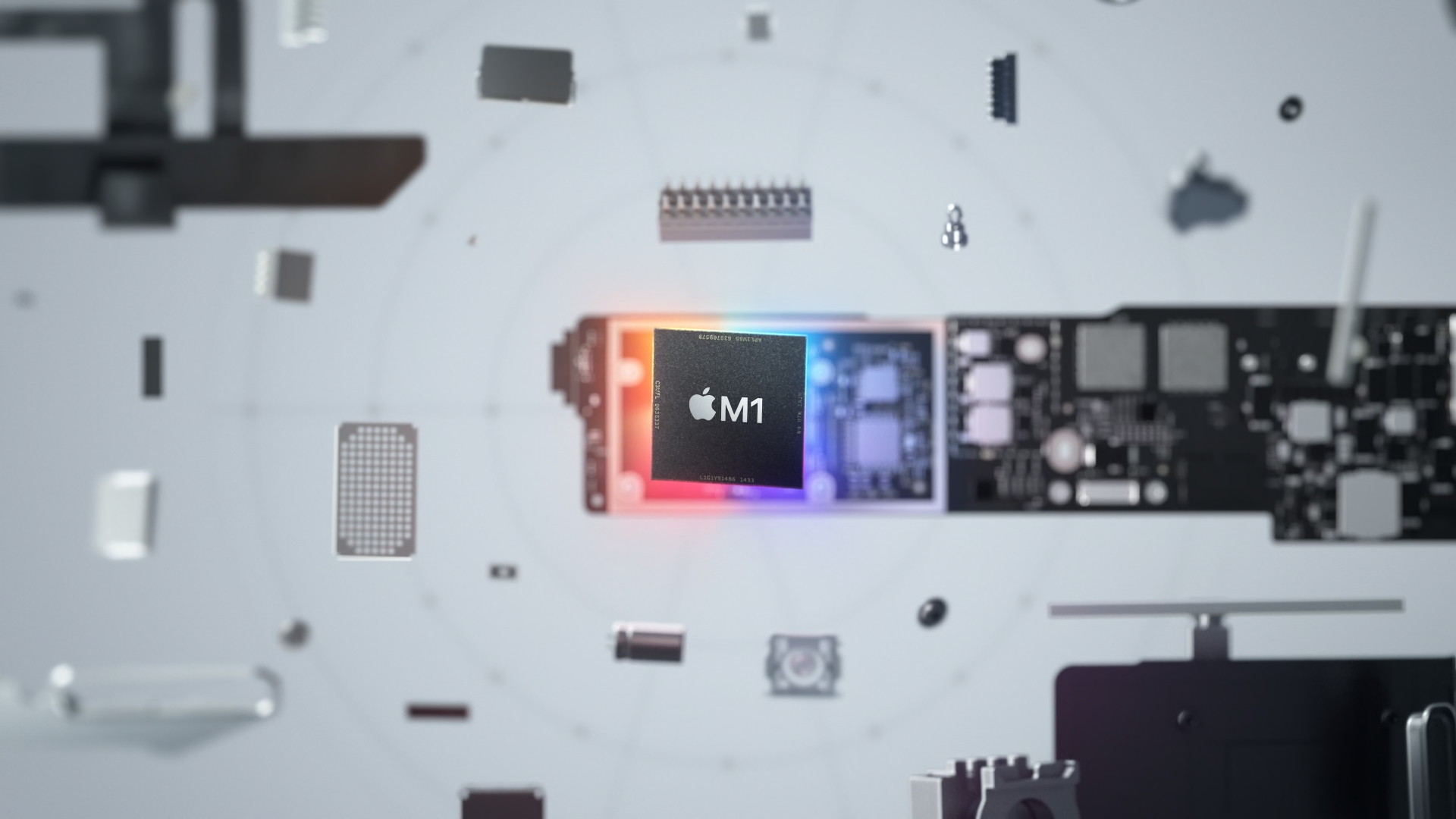
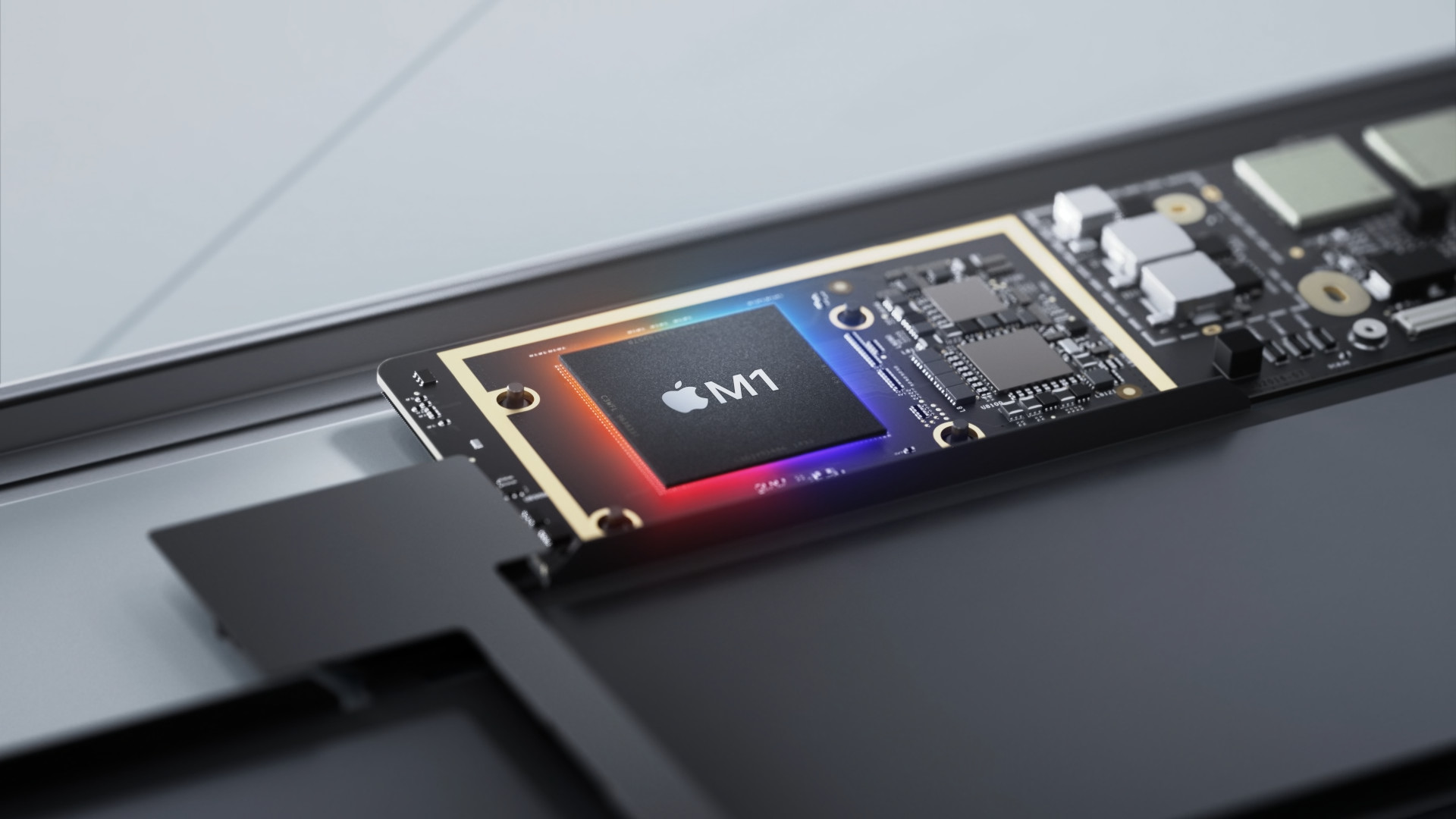


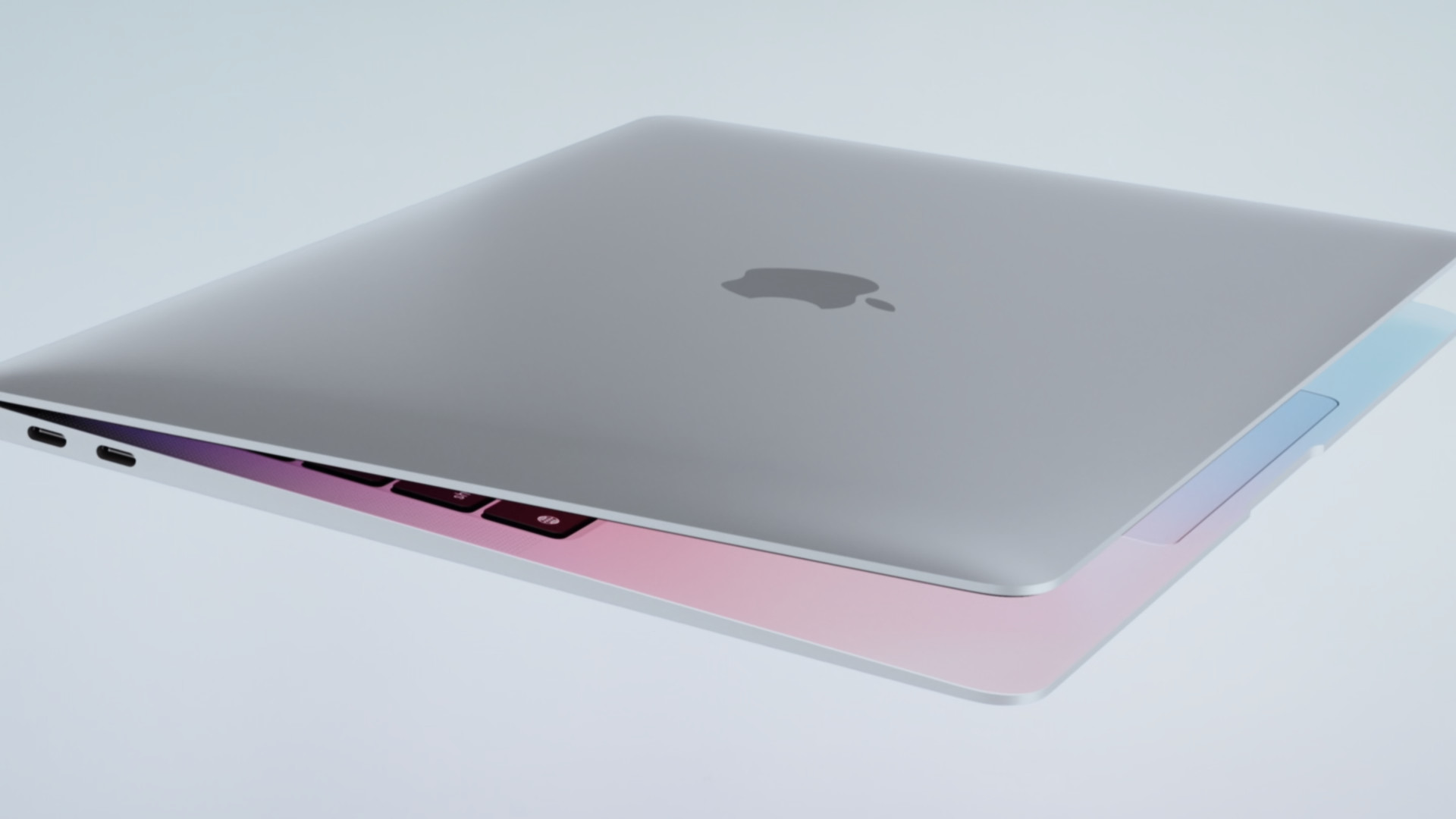



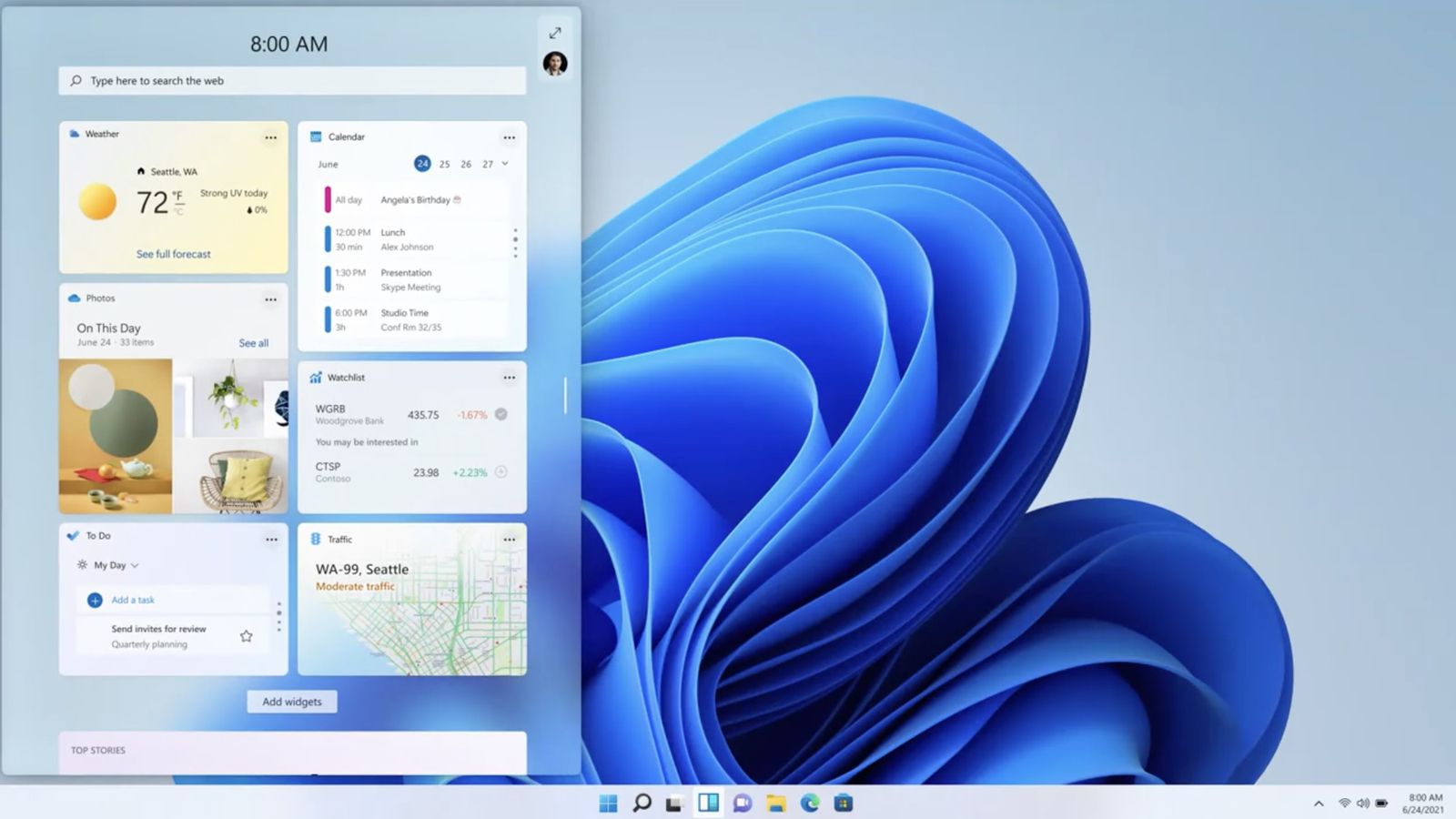
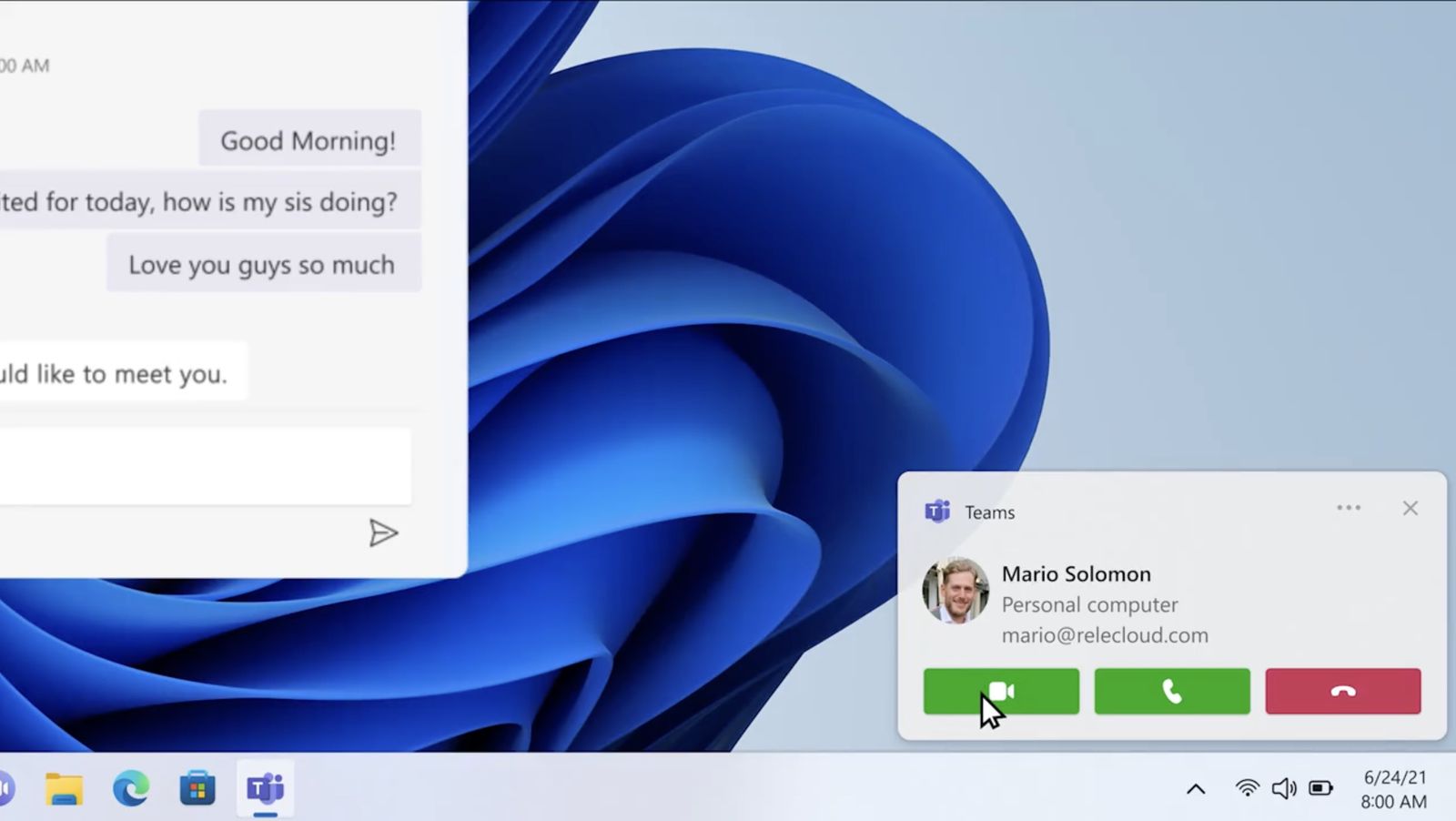
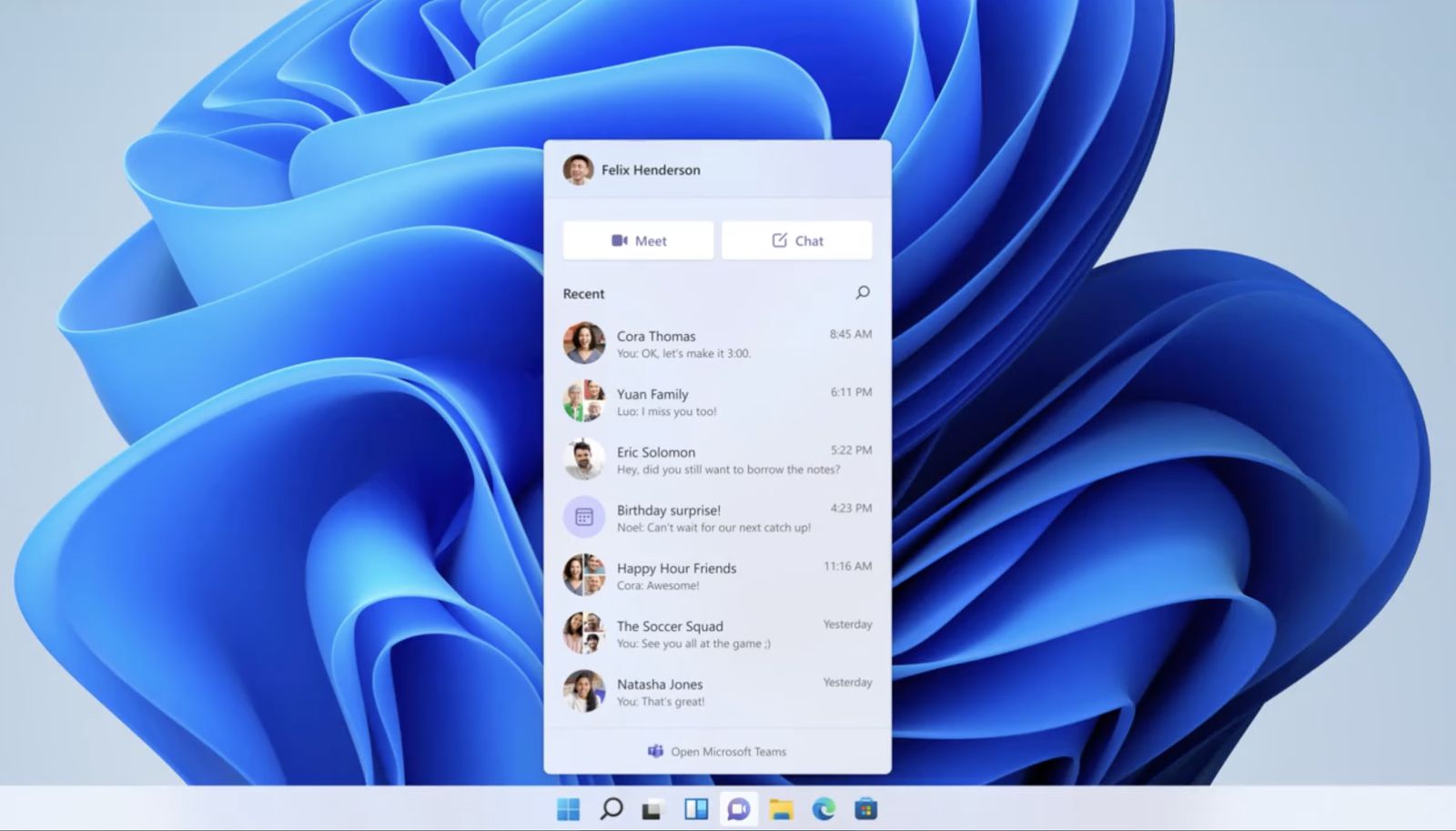
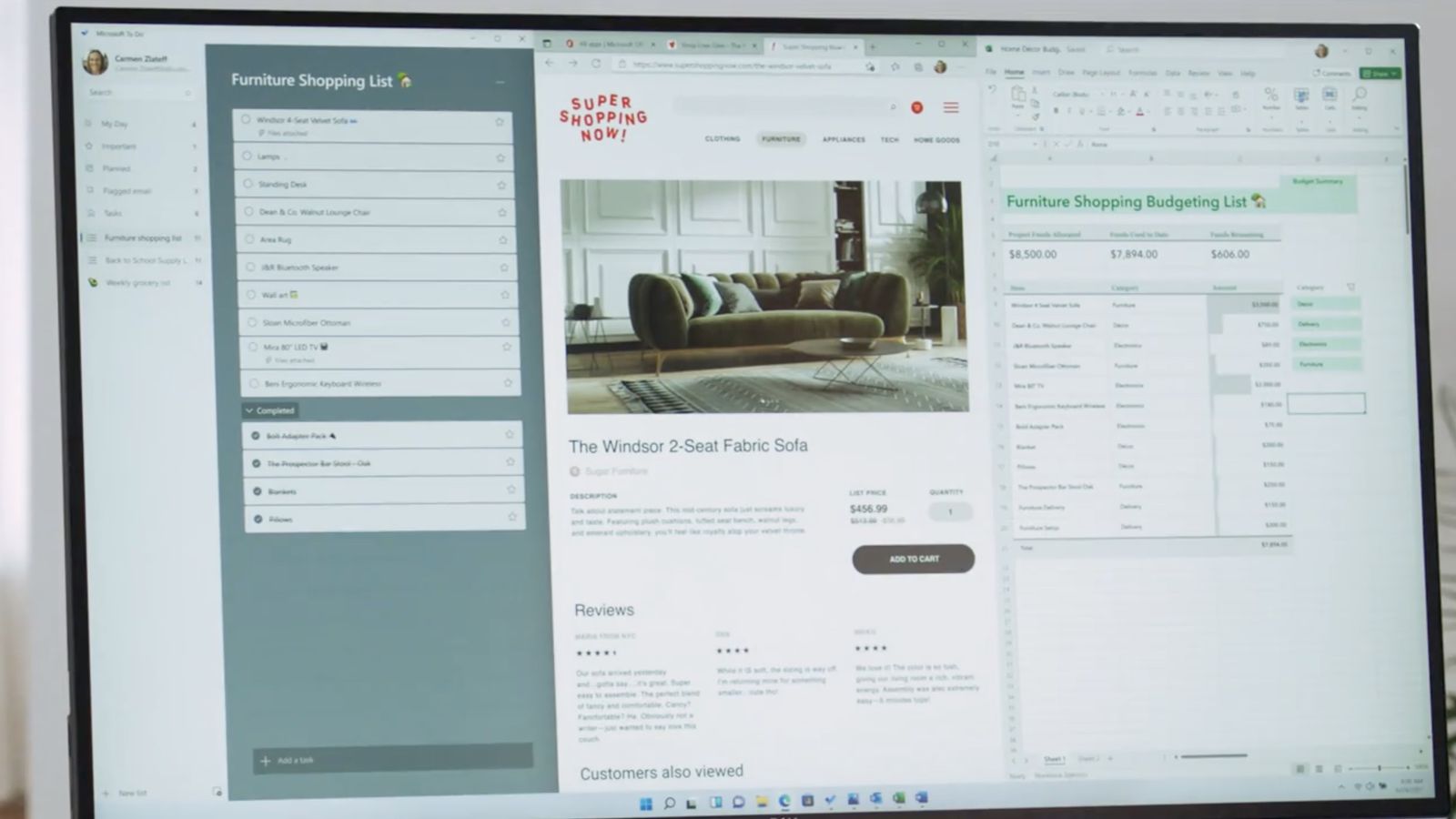
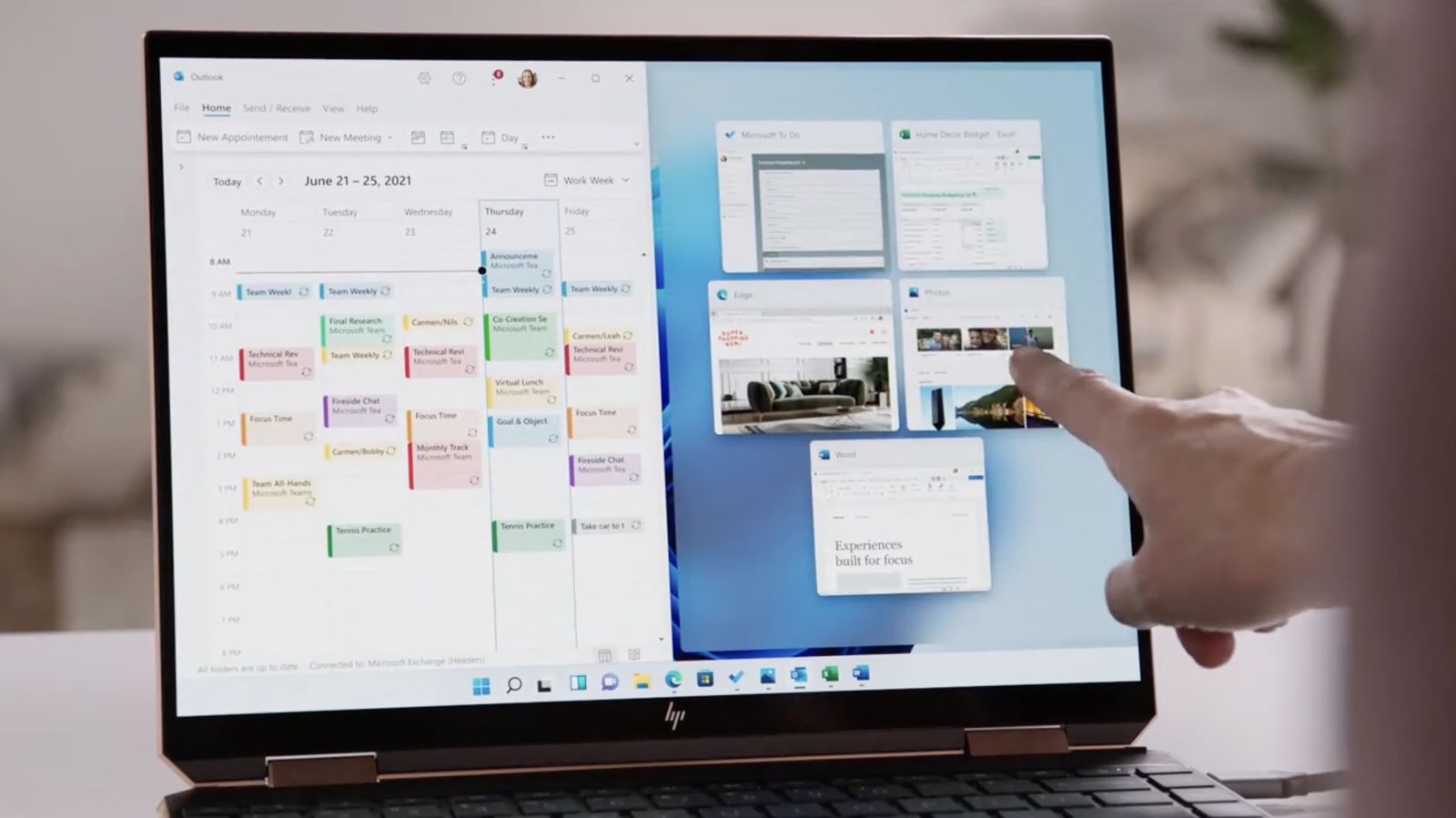

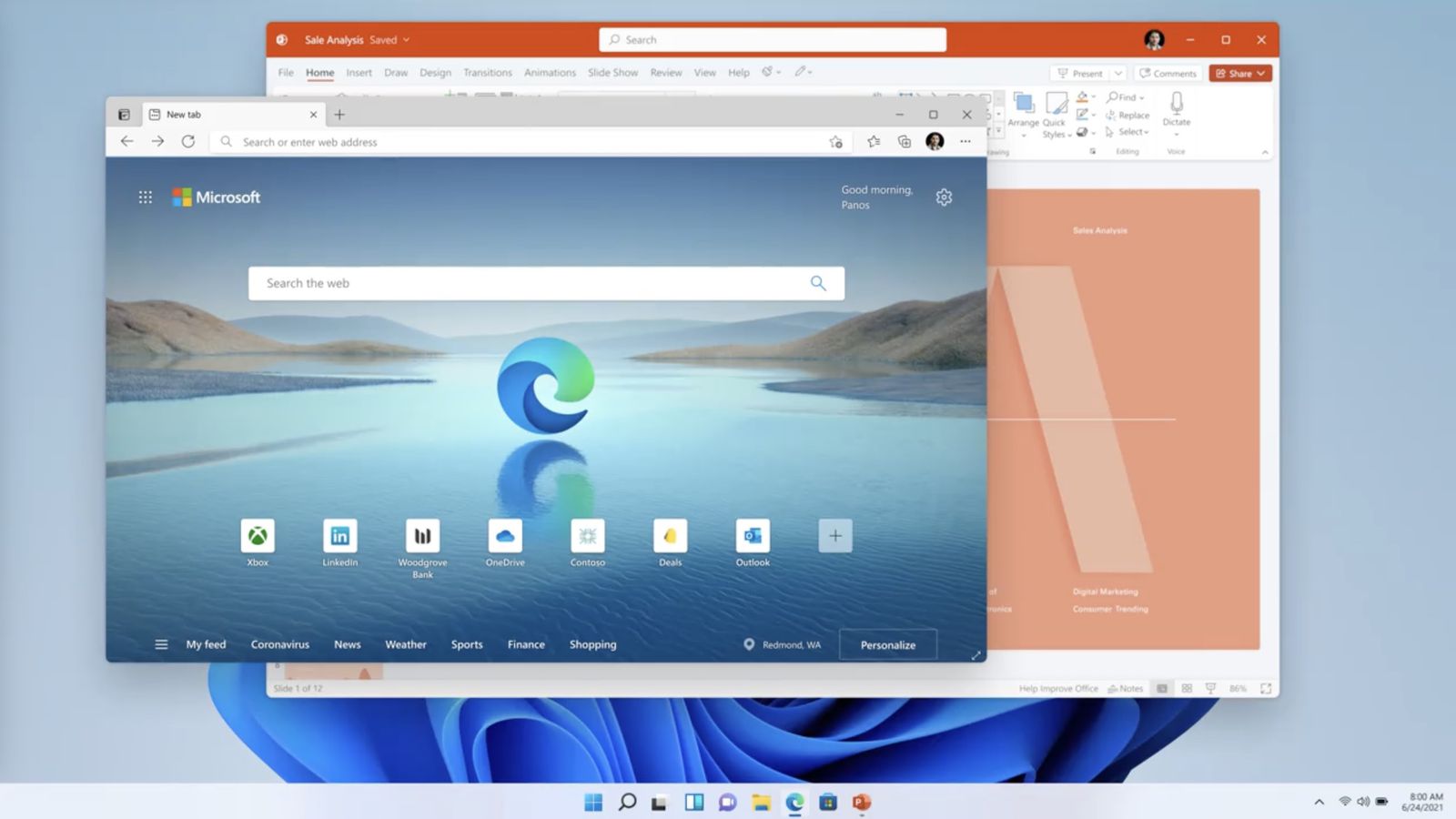
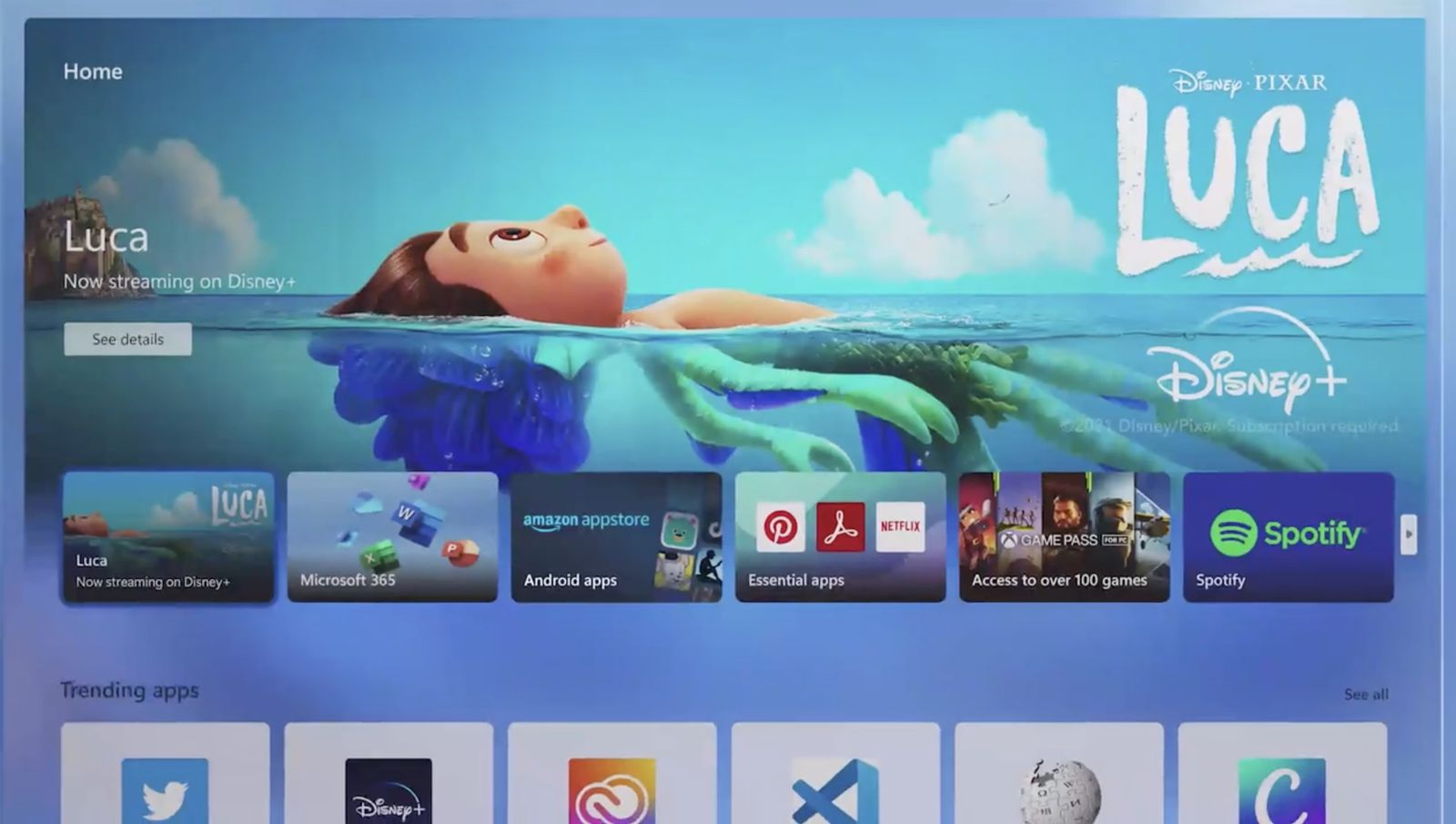
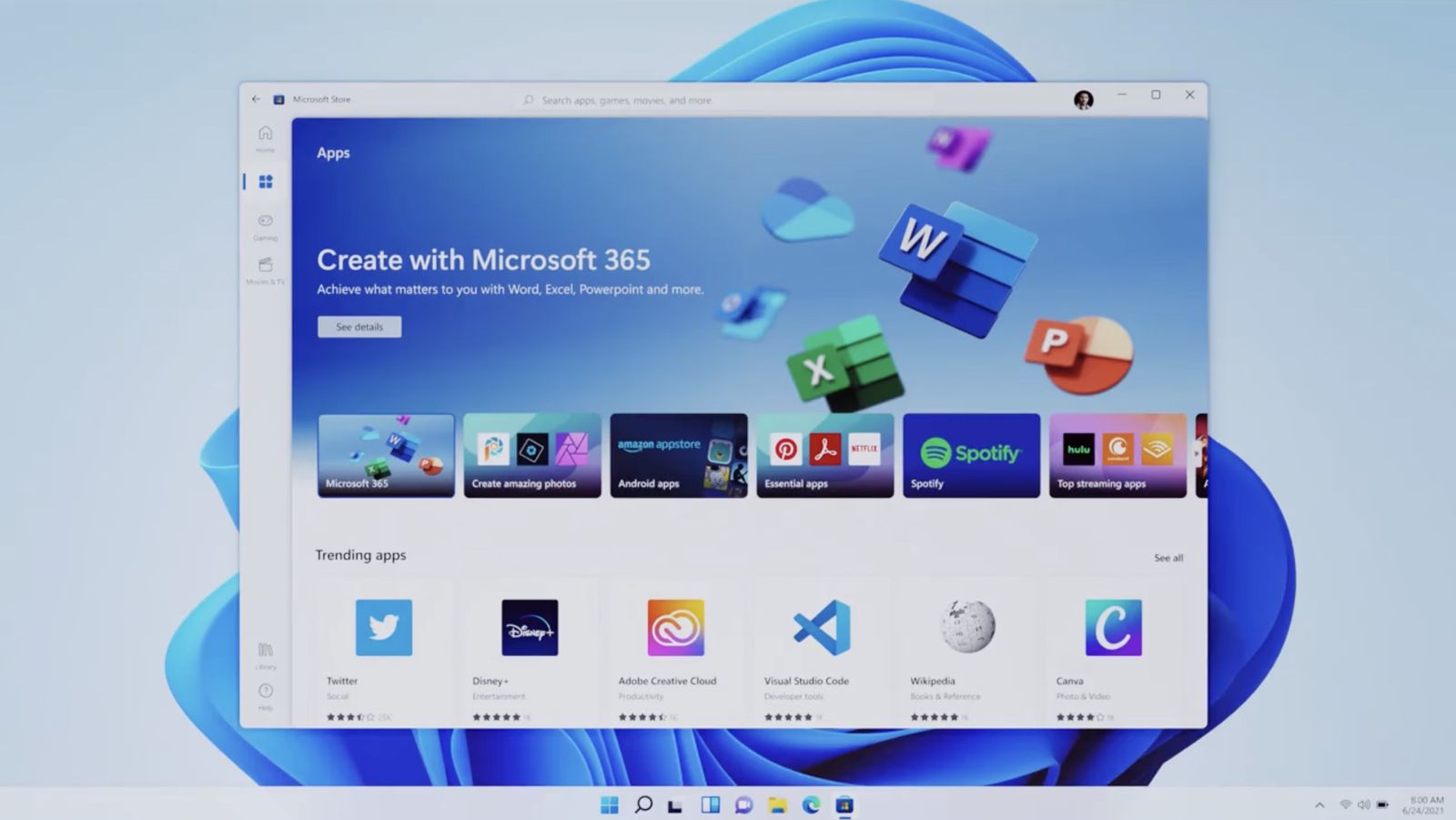
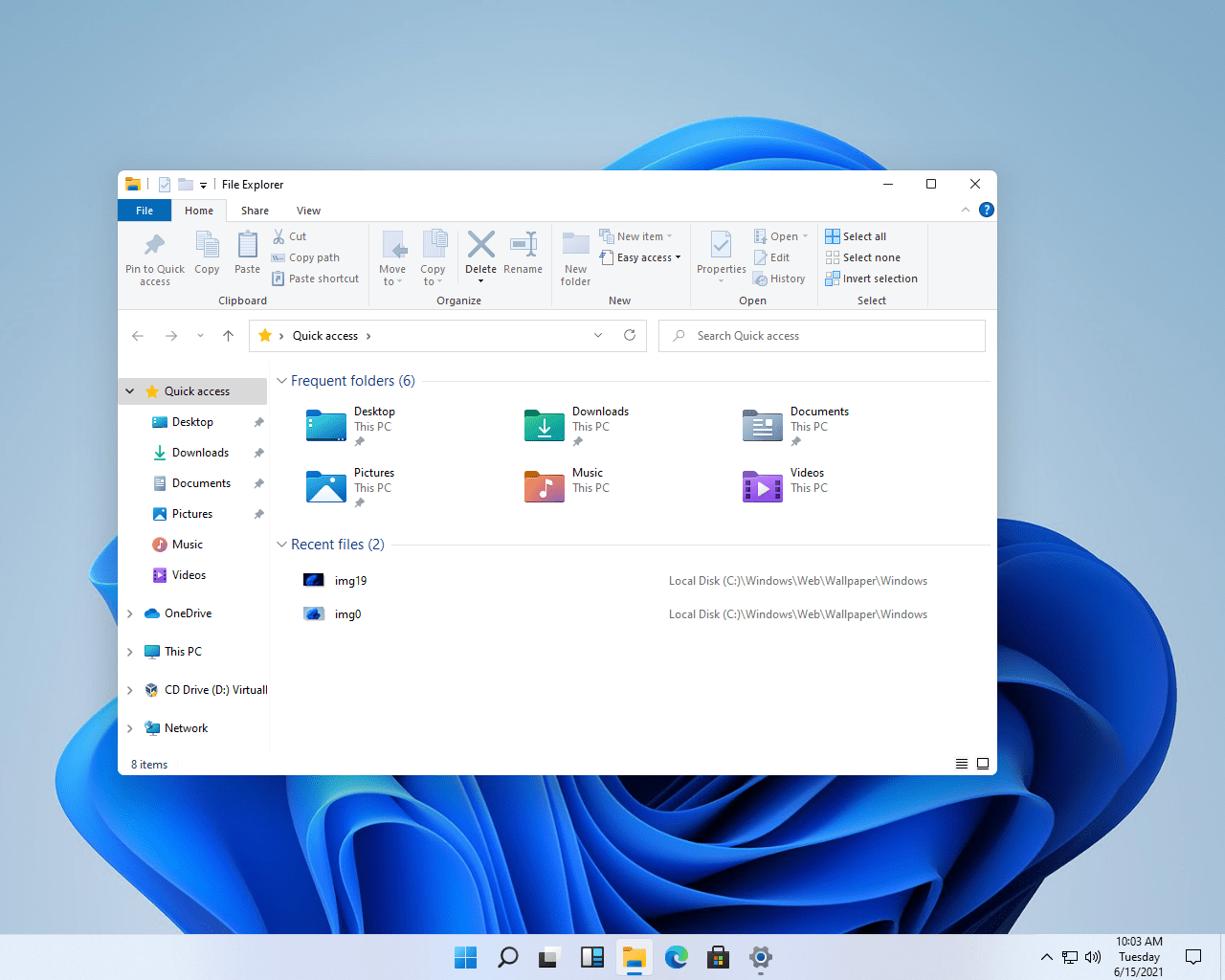
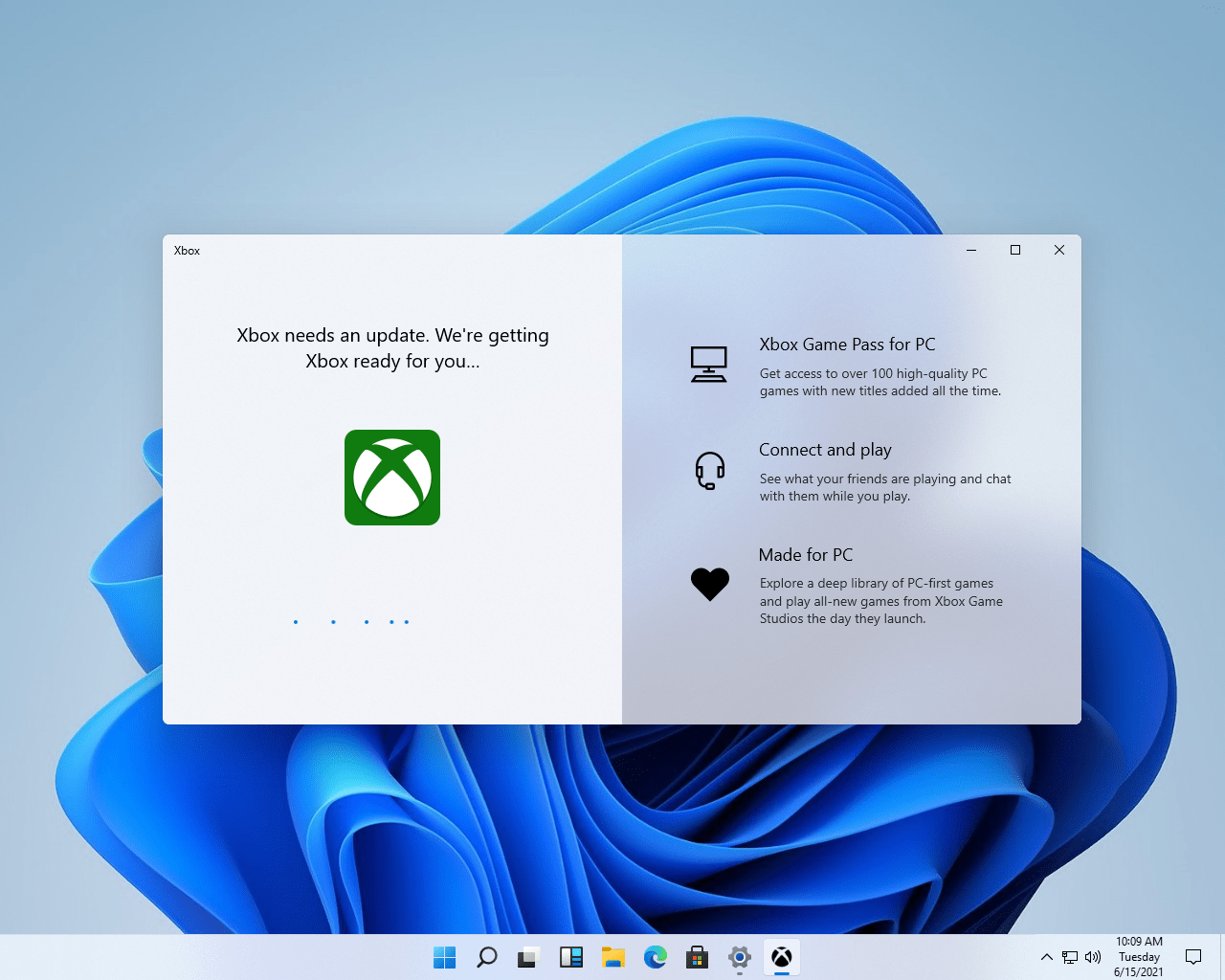
Well, I would really like to visit Apple, it could be an interesting excursion, both to the hardware department and to the software section. Personally, I am not an IT specialist, but I am quite interested in technology. I worked as a CNC machine operator. And now I started to educate myself in this https://autocrm.cz/ business management system. And I would be quite interested if it would also be compatible with Mac compared to Windows 11..